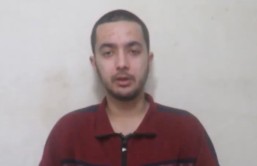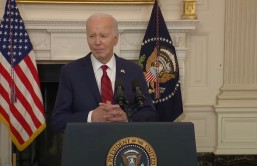According to a press release issued by National Institute of Health (NIH), researchers at NIH and Emory University found successful long-term reduction of virus in monkeys that had been infected with the disease.
The scientists developed an experimental treatment that controlled SIV, Simian equivalent of HIV in humans, and put it into remission. Moreover, the antibody treatment also restored the dead immune cells that were destroyed by the virus. This feat has been impossible to achieve with the existing Antiretroviral therapy (ATR) alone, said Dr. Anthony Fauci, co-leader of the study and chief of the Laboratory of Immunoregulation at the National Institute of Allergy and Infectious Diseases.
This experimental treatment was a combination of 90 day-ATR and 23- weeks of antibody developed in the laboratory for monkeys, that is similar to vedolizumab, a human drug, used for the treatment of Crohn's disease.
If antiretroviral therapy is used alone, it simply subdues the HIV to untraceable levels. However, as soon as the treatment ends, the virus bounces back. This means that an HIV patient who is on antiretroviral treatment will have to take medication for every single day of their lives.
With the new study findings, it will be possible for the people who are living with the condition to eliminate the use of lifelong daily antiretroviral therapy, thus improving their quality of life. Needless to say, this alternative form of HIV therapy will also reduce the cost of treatment significantly, said Aftab Ansari, co-leader of the study.
A human trial for this experimental treatment is already in process for HIV infected people at the National Institute of Health Clinical Research Center in Bethesda, Maryland. First set of results are expected to be revealed in 2017.
For now, it is too soon to judge of the success reported in animal study will have the same clinical benefits for people infected by the HIV disease, Fauci said.








